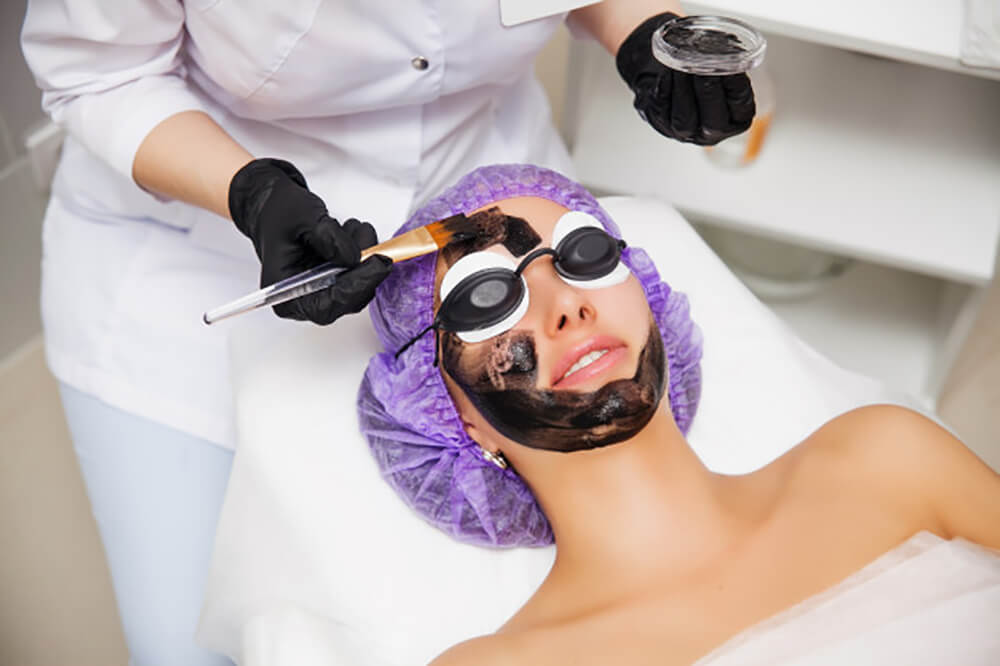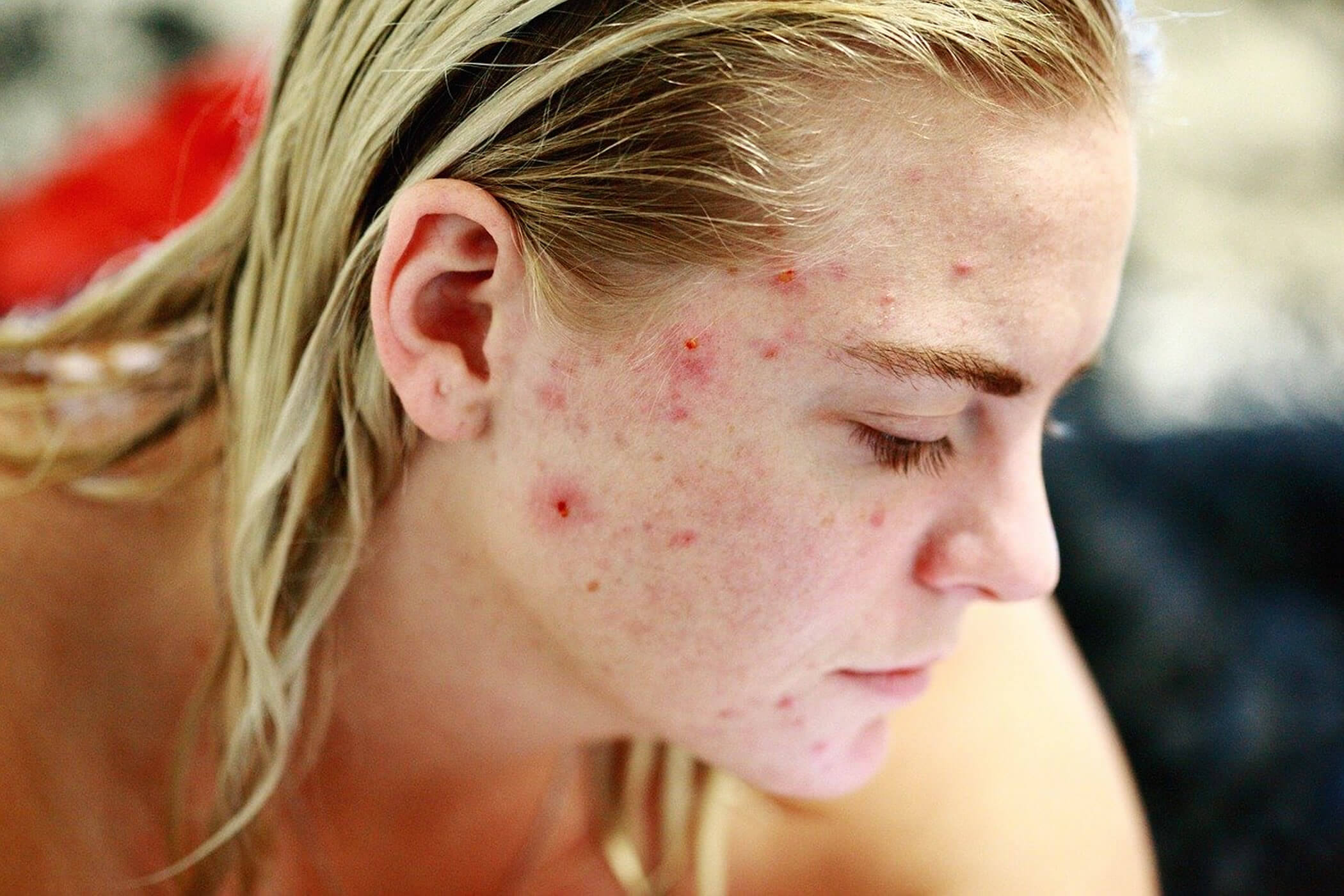Skin plays a vital role to level up your personality. It symbolizes your cleanliness too. But at present people, mostly among youth have lots of skin problems. One such significant and widespread problem is acne scars.
Acne scar is a dark spot appears after an acne on the skin. It drags down your beauty. A big reason for these scars is squeezing acne that forms on your surface. It isn’t very good for your skin health, and please try to get rid of that habit if you have. However, there are different kinds of treatments for acne scars. One such treatment is laser treatment. Nowadays, people try to become more aware of laser treatments. So let’s have an idea about laser treatments.
Laser treatments help to reduce the appearance of the acne scars. Simply the tissue of the injury breaks away when the laser light focuses on the acne scar. This helps to grow new cells replacing the cells on scars, reduces the pain due to discolorations and produces healthy skin.
But laser treatment is not suitable to recommend for those who occupy active acne, a darker skin tone, or a very wrinkled skin. So it is essential to take advice from a dermatologist before going for a laser treatment.
There are two steps in laser treatment for acne scars.
At first, the laser light should focus on the scar, and due to heat of the laser, it removes the outermost skin cell layer of the injury. Then that particular area becomes smoother, and the scars become less noticeable.
As the cells on the scar peel off due to the heat of the laser, it supports to grow new, healthy cells and increases the blood flow towards the scar. It reduces the inflammation and finally heals your skin.
There are some common types of lasers for this purpose. They are erbium YAG lasers, carbon dioxide lasers and pulse-dye lasers. Those types of lasers work in different ways to suit the type of acne scar that you have.
There are 3 types of laser treatments. They are,
- Ablative laser resurfacing
- Non ablative laser resurfacing
- Fractionated laser treatment
1.Ablative laser resurfacing
For this treatment, we use erbium YAG or carbon dioxide laser. This lasers remove the upper skin cell layer of the acne scar.

Picture by Freepik
2. Non-ablative laser resurfacing
This laser treatment uses infrared lasers. This heat stimulates collagen production and helps to grow new skin cells.

Picture by Freepik
3. Fractionated laser treatment
This treatment stimulates the skin layer underneath the acne scar and removes the top layer of the skin on the scar. Acne scars like boxcar and ice pick scars respond well for this treatment.
Though the laser treatment is mostly targeting the face, we can use laser treatments for where ever there’s an acne scar-like arms, back, upper torso, neck etc.

Picture by Freepik
Cost
According to the American Society of Plastic Surgeons, the average cost for an ablative resurfacing is about $2000 and $1100 for non-ablative resurfacing. But these values will differ according to several factors like,
- of scars
- Size of the area treated
- of treatments
- Experience of the provider
If you want to consult a doctor before going for a laser treatment, he/she will charge a consultant fee to provide a proper laser treatment plan.
These laser treatments do not need a recovery downtime.
Before going for a laser treatment, you must follow the following;
- Do not consume blood thinning substances like asprin about two weeks prior to the treatment.
- Do not smoke at least one month prior to the treatment.
- Do not use any skin care product which containing retinol two weeks before the treatment.
- Do not use any cosmetic product if you are going to do a laser treatment.
Side effects:
- Swelling
- Redness where treated
- Pain where treated
Pain will go after about couple of hours.
Redness will subside after about one week.
Important:
- After the laser treatment you must apply a sunscreen before exposing outside.
- Always consult a dermatologist if there is any problem in skin after the laser treatment.
Prevention is better than cure. So get rid of bad health habits and take care of your skin.

